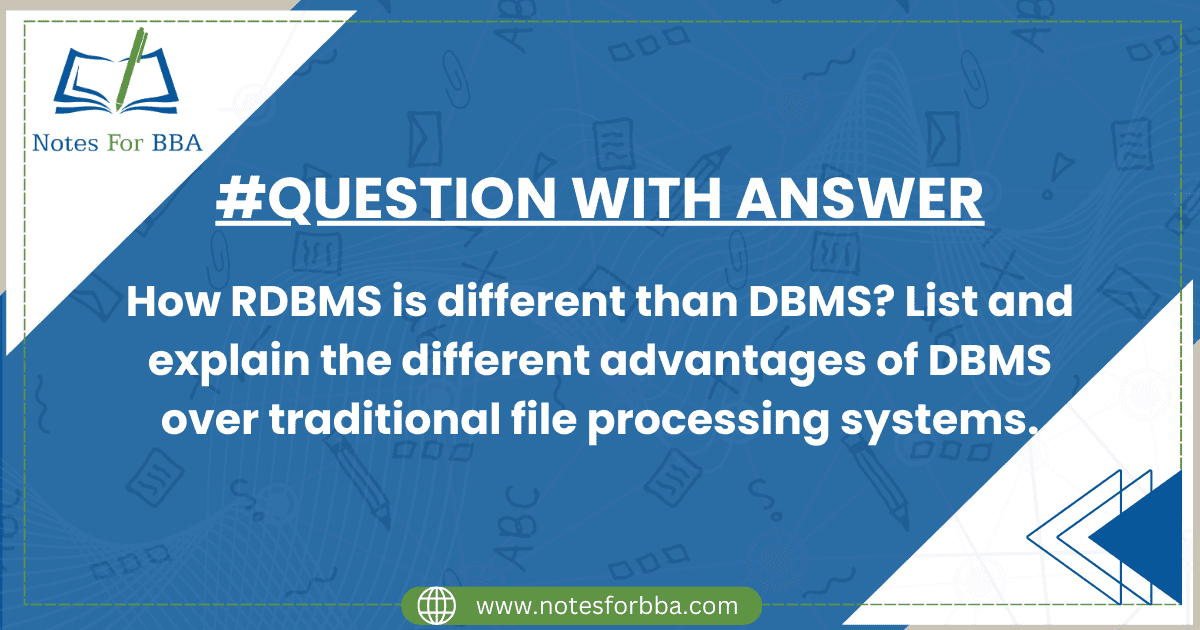Differentiate Online Transaction Processing and Online Analytical Processing
Online Transaction Processing (OLTP) OLTP systems are used for everyday tasks like recording sales, updating customer details, or processing orders. They focus on fast, real-time data processing. Online Analytical Processing (OLAP) OLAP systems are used for analyzing large amounts of data to make business decisions. They focus on summarizing and analyzing historical data for insights. … Read more










